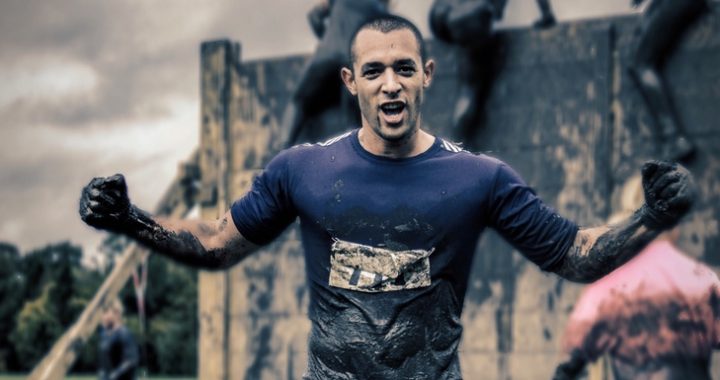A breath of fresh air, the sun on our faces, bare feet in the sand. Spending time outside can provide many small pleasures, which all leave us feeling revitalised. Whether it’s sipping ice-cold lemonade in our backyard or hiking up a mountain, spending time in nature has numerous benefits beyond the obvious.
There have been many studies outlining the positive mental effects of being immersed in nature. For example, the University of Michigan conducted a study that revealed students who regularly went for a nature walk had improved short term memory. Or consider this Stanford study, which found that walking outside reduces stress. Even if it’s just for five minutes a day, being outside has a calming effect on our brains.
Let’s take a look at some of the other benefits of being in nature.
Improved Sleep
Our body can better regulate sleep patterns when we spend time in natural light. When the sun sets, our brains release the proper amount of melatonin to aid in a restful night’s sleep. (Which is also why staring into a backlit cellphone screen before bed keeps our brain wired and makes it harder to sleep!)
Strengthened Immune System
Going outside and getting adequate sunlight has been demonstrated in studies to help enhance the immune system. Make time to go for a walk outside or have some fun in the sun to help you battle sickness and stay healthy.
Inspired Creativity
Spending time outside allows you to find inspiration in the beautiful sights, smells, and sounds of nature. Science backs this up as well, demonstrating that spending time outside can boost our ability to think more creatively.
A walk does not have to be solely for the purpose of walking. You could, for example, conduct your next one-on-one meeting while meandering through a park or walking to a coffee shop, thereby killing two birds with one stone.
If you don’t believe you have time, it’s possibly because you consider something as simple as a stroll around the park to be a chore or not income-generating. Or you regard it as a waste of time and effort that you simply cannot afford.
Investing time in nature does not have to be complicated or costly. If anything – consider it an investment that you can’t afford to pass up!










